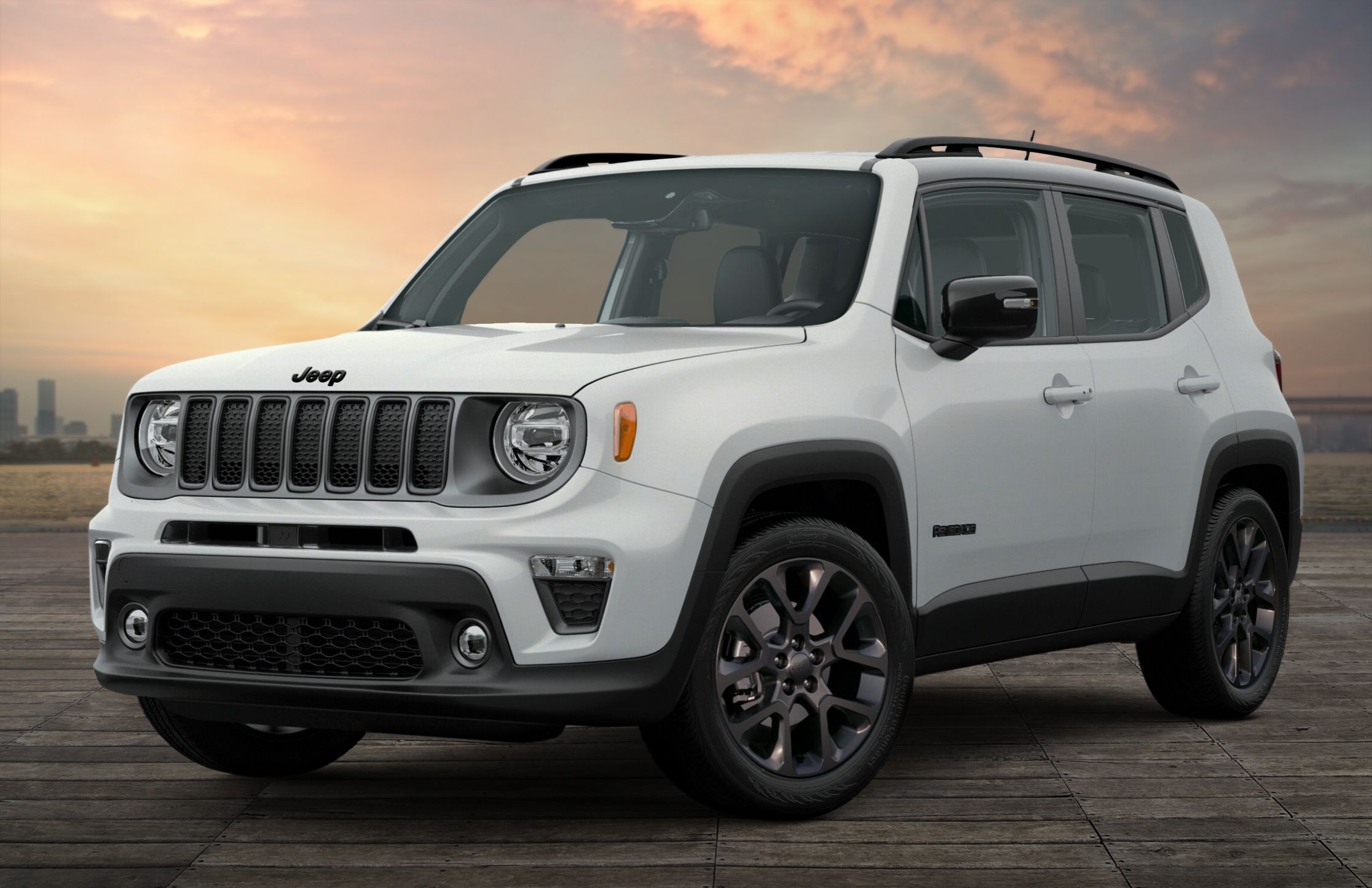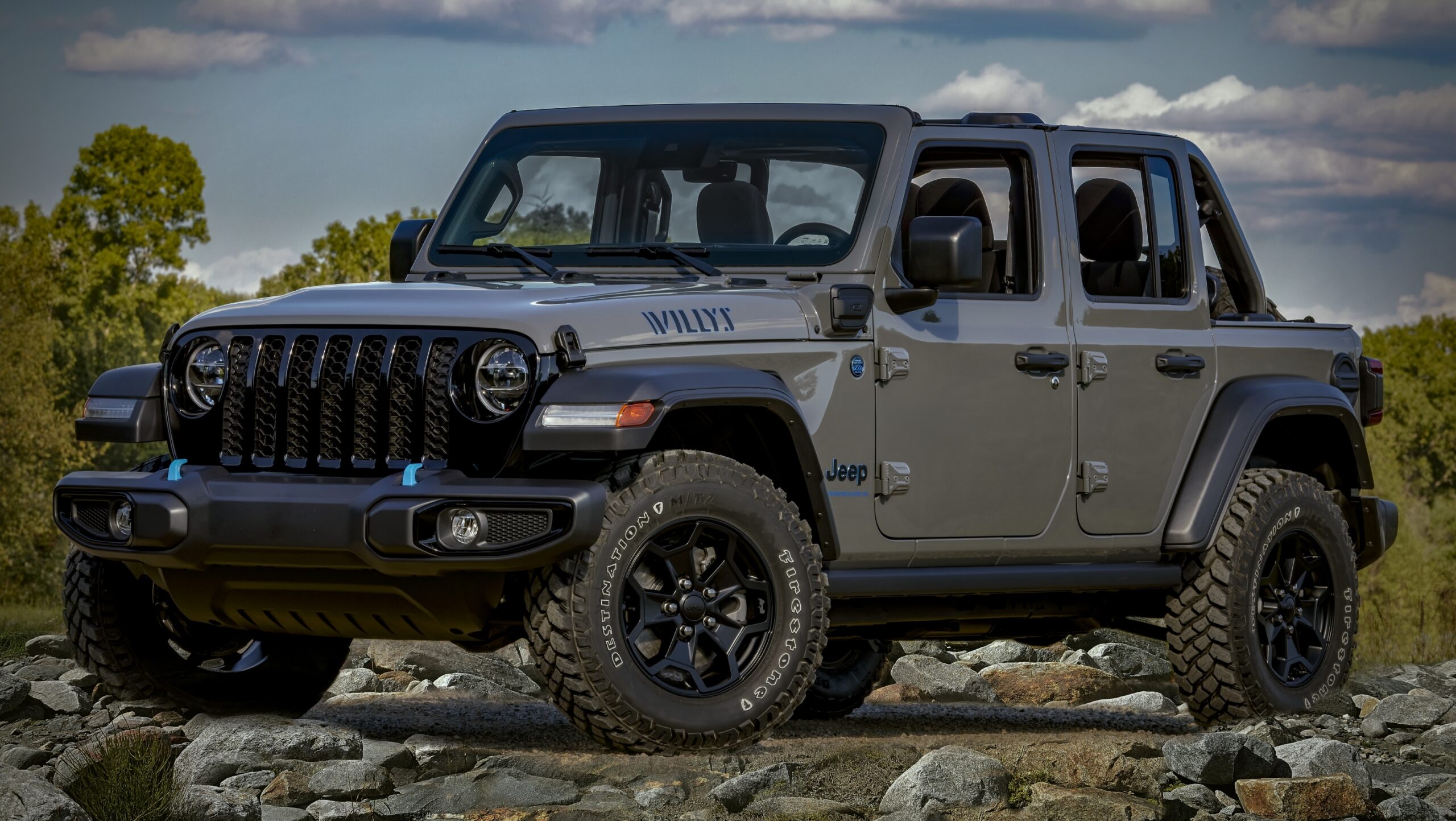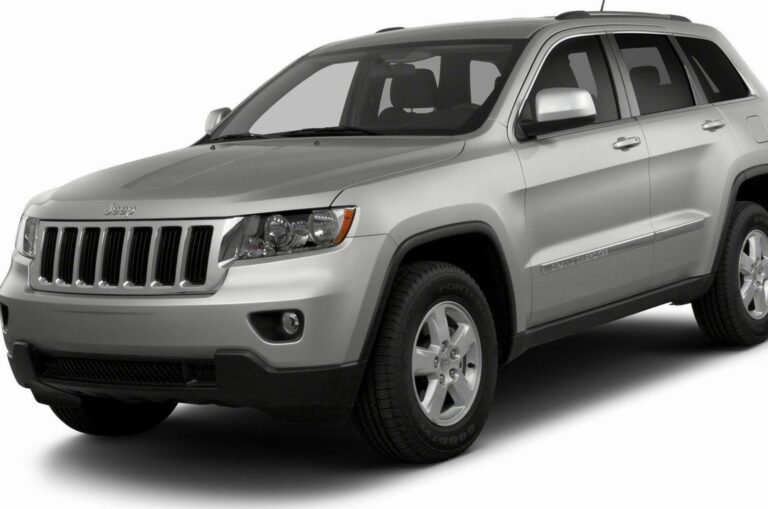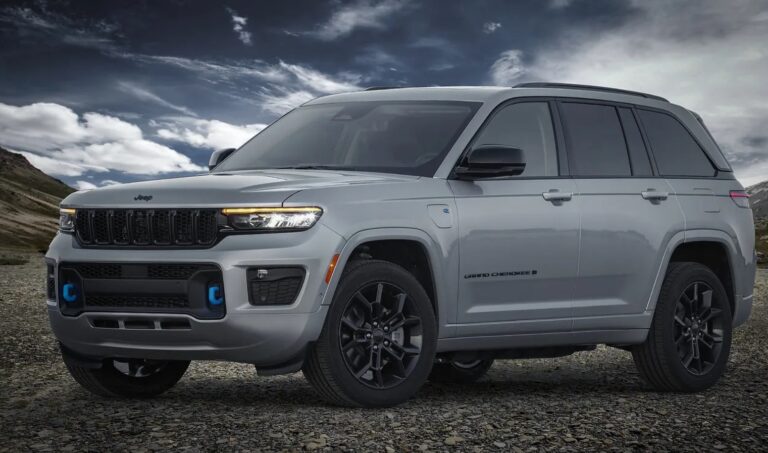Jeep XJ Transmission For Sale: Your Ultimate Buying Guide
Jeep XJ Transmission For Sale: Your Ultimate Buying Guide jeeps.truckstrend.com
The Jeep Cherokee XJ, produced from 1984 to 2001, holds a revered spot in the hearts of off-road enthusiasts and daily drivers alike. Known for its rugged durability, capable four-wheel-drive system, and timeless design, the XJ has earned its reputation as a true automotive icon. However, like any vehicle that has spent decades conquering trails or navigating daily commutes, certain components eventually show their age. Among the most critical of these is the transmission – the very heart of the XJ’s drivetrain, responsible for transferring power from the engine to the wheels.
Whether you’re facing a complete transmission failure, planning a manual conversion, or simply looking to refresh an aging component, finding the right "Jeep XJ Transmission For Sale" can be a daunting task. The market is flooded with options ranging from used pull-outs to remanufactured units, each with its own set of pros, cons, and compatibility quirks. This comprehensive guide aims to demystify the process, providing you with the knowledge, tips, and practical advice needed to make an informed and successful purchase, ensuring your beloved XJ continues to conquer new horizons for years to come.
Jeep XJ Transmission For Sale: Your Ultimate Buying Guide
Understanding Your XJ Transmission Needs
Before diving into the market, it’s crucial to understand what transmission your Jeep XJ currently has, or what you intend to put into it. The XJ utilized several different transmission models throughout its production run, each with specific characteristics and compatibility requirements.
Primary Transmission Models:
- AW4 (Aisin-Warner 4-speed Automatic): This is by far the most common transmission found in 4.0L XJs from 1987-2001. Renowned for its reliability and strength, the AW4 is an electronically controlled automatic that has proven itself capable both on and off-road. There are subtle differences over the years, such as internal vs. external Neutral Safety Switches (NSS) and speed sensor types, which are critical for compatibility.
- AX-15 (Aisin 5-speed Manual): Introduced in mid-1989 and used through 1999 (with some overlap), the AX-15 is a robust and popular manual transmission for the 4.0L engine. It’s a significant upgrade from its predecessor (the BA 10/5) and is highly sought after for manual conversions or replacements. Compatibility considerations include input shaft length and bellhousing bolt patterns, particularly regarding internal vs. external slave cylinder setups.
- NV3550 (New Venture 5-speed Manual): Used in 2000-2001 4.0L XJs, this manual transmission replaced the AX-15. It’s also a very capable unit, often considered slightly stronger than the AX-15 by some. If you have a late-model manual XJ, this is likely what you have. Swapping between an AX-15 and NV3550 requires specific adapter plates and potentially different input shafts depending on the year.
- BA 10/5 (Peugeot 5-speed Manual): Found in early 4.0L XJs (1987-1989), this transmission is generally considered the weakest link in the XJ drivetrain. Many owners actively seek to replace or upgrade this unit due to its proneness to failure. If you have an XJ with this transmission, you’re likely looking for an AX-15 or NV3550 as a replacement.

Key Compatibility Factors:
- Engine Type: Most discussions revolve around the 4.0L I6 engine. If you have a 2.5L engine, your transmission options will be different.
- 2WD vs. 4WD: Transmissions are specific to two-wheel-drive or four-wheel-drive configurations. 4WD transmissions will have an output shaft designed to mate with a transfer case (e.g., NP231, NP242).
- Year of Manufacture: As noted, sensor types, bellhousing designs, and other nuances can vary by year. Always verify the exact year and model of both your XJ and the transmission you’re considering.
- Output Spline Count: Crucial for mating with the correct transfer case.
- Bellhousing Type: Internal vs. external slave cylinder for manuals, and bolt patterns for both auto and manual transmissions.

Your reason for seeking a transmission – be it a direct replacement, an upgrade, or a conversion – will dictate which of these models and their specific variants you should target.
![]()
Where to Find Jeep XJ Transmissions For Sale
The market for XJ transmissions offers a variety of sources, each with its own advantages and disadvantages.
- Salvage Yards/Junkyards:
- Pros: Often the cheapest option. You can sometimes inspect the vehicle it came from.
- Cons: "As-is" condition, no warranty, unknown mileage, risk of hidden damage. Pulling it yourself can be a chore.
- Online Marketplaces (eBay, Craigslist, Facebook Marketplace):
- Pros: Wide selection, competitive pricing, direct contact with sellers.
- Cons: Varies wildly in quality and seller reliability. Shipping can be expensive or complex. High risk of scams or misrepresentation.
- Specialized Jeep Parts Dealers/Websites (e.g., Quadratec, Morris 4×4 Center, RockAuto):
- Pros: Reputable sources, often offer new or remanufactured units with warranties. More reliable shipping.
- Cons: Generally the most expensive option. New XJ transmissions are rare; most will be remanufactured.
- Remanufacturers/Transmission Shops:
- Pros: Professionally rebuilt to factory specifications (or better), usually come with a warranty (often 1-3 years), core charge refund. High reliability.
- Cons: High initial cost. Requires shipping your old transmission as a core or paying a core charge.
- Jeep Forums & Local Clubs:
- Pros: Knowledgeable community, potential to find local sellers, often good deals from enthusiasts.
- Cons: Limited selection, still an "as-is" private sale, but with some community accountability.
Key Considerations When Buying a Jeep XJ Transmission
Making the right choice involves more than just finding the cheapest unit. Here’s what to scrutinize:
- Condition and History:
- Used: Ask for mileage, fluid condition (color, smell – burnt fluid is a red flag), signs of leaks, physical damage (cracks, broken mounts). If possible, see it run or test drive the donor vehicle.
- Remanufactured: Inquire about the rebuilding process, what parts are replaced (clutches, seals, bearings), and the warranty details.
- Compatibility: Double-check year, engine, 2WD/4WD, specific sensor types, and output spline count. A mismatch can render the transmission useless for your application.
- Seller Reputation: For private sales, check reviews, ask for references, and use secure payment methods. For businesses, research their customer service and return policies.
- Warranty: New or remanufactured units should always come with a warranty. Understand its duration, what it covers, and the claims process. Used transmissions rarely offer a warranty beyond "it worked when removed."
- Price vs. Value: The cheapest option might end up costing more in the long run if it fails quickly. Balance cost with reliability and the peace of mind a warranty provides.
- Shipping and Logistics: Transmissions are heavy. Freight shipping can be expensive. Factor this into your total cost. Ensure it’s properly crated and insured.
- Ancillary Costs: Beyond the transmission itself, you’ll likely need new fluid, filters (for automatics), gaskets, seals, a transmission mount, and potentially a new torque converter (for automatics). Don’t forget labor costs if you’re not doing the install yourself.
Tips for a Successful Purchase
- Do Your Homework: Know your specific XJ’s year, engine, and current transmission model. Research common issues for that model.
- Ask Detailed Questions: Don’t be afraid to ask about mileage, maintenance history, reason for removal, and any known issues. Request photos and even videos of the unit.
- Inspect Thoroughly (if possible): Look for cracks, stripped bolts, excessive rust, or impact damage. Check fluid ports for cleanliness.
- Get it in Writing: For any significant purchase, especially from a private seller, get a written agreement detailing the sale, condition, and any agreed-upon terms.
- Budget for the Unexpected: Set aside extra funds for unexpected parts, tools, or professional assistance during installation.
- Consider a Core Charge: If buying a remanufactured unit, understand the core charge and return process for your old transmission.
Potential Challenges and Solutions
- Finding the Exact Match: Due to year-specific variations, finding a perfect plug-and-play transmission can be challenging.
- Solution: Be flexible. Sometimes a unit from a slightly different year can work with minor modifications (e.g., swapping input shafts, sensors, or bellhousings), but research these conversions thoroughly beforehand.
- Hidden Damage or "Lemon" Transmissions: Used units carry inherent risks.
- Solution: Purchase from reputable sellers, request as much information as possible, and consider a remanufactured unit for peace of mind if budget allows. If buying used, consider a warranty if offered, or at least a guarantee that it was functional when removed.
- Shipping Complications: Heavy items can be damaged in transit.
- Solution: Ensure the seller properly crates the transmission, uses a reputable freight company, and provides tracking and insurance. Inspect for damage immediately upon arrival before signing off.
- Installation Difficulties: Swapping a transmission is a significant mechanical task.
- Solution: If you’re not experienced, hire a qualified mechanic. If DIY, ensure you have the right tools, a safe working environment, and a detailed service manual or online guide. Don’t rush the process.
Price Table for Jeep XJ Transmissions (Estimated Ranges)
Prices for Jeep XJ transmissions vary significantly based on type, condition, seller, and market demand. The following table provides estimated price ranges and should be used as a general guide. Always factor in shipping costs and potential core charges.
| Transmission Type | Condition | Estimated Price Range (USD) | Notes |
|---|---|---|---|
| AW4 Automatic | Used (Salvage) | $250 – $700 | Pulled from a running vehicle; condition highly variable. No warranty. |
| Used (Tested) | $500 – $1,200 | From reputable salvage yards or private sellers claiming it’s been tested. Limited/short-term warranty sometimes offered. | |
| Remanufactured | $1,200 – $2,500 | Professionally rebuilt to factory specs or better. Typically includes a 1-3 year warranty. Core charge ($200-$500) usually applies. | |
| AX-15 Manual | Used (Salvage) | $300 – $800 | As-is, unknown history. |
| Used (Tested) | $600 – $1,500 | Checked for gears, leaks, and shifting. Sometimes includes bellhousing. | |
| Remanufactured | $1,500 – $2,800 | High quality rebuild with warranty. Core charge ($200-$500) usually applies. | |
| NV3550 Manual | Used (Salvage) | $400 – $1,000 | Less common than AX-15 in junkyards. |
| Used (Tested) | $800 – $1,800 | Highly sought after for swaps, increasing demand. | |
| Remanufactured | $1,800 – $3,200 | Premium option for late-model XJs or high-performance swaps. Warranty and core charge apply. | |
| BA 10/5 Manual | Used (Salvage) | $50 – $250 | Rarely sought as a direct replacement; usually for scrap or as a core for an AX-15 conversion. Not recommended for long-term use. |
| Remanufactured | N/A (Rarely rebuilt) | Due to its inherent weaknesses and the availability of stronger alternatives, very few, if any, companies offer remanufactured BA 10/5 units. Owners typically swap to an AX-15 or NV3550. | |
| Bellhousing (Used) | Standalone | $100 – $300 | Often needed for manual conversions or if your existing one is damaged. Check for cracks. |
| Torque Converter (New) | Automatic | $150 – $400 | Highly recommended to replace with a new or rebuilt unit when installing an automatic transmission. |
Note: Prices are estimates and subject to change based on location, seller, specific year/model variations, and market conditions. Always confirm exact pricing with the seller.
Frequently Asked Questions (FAQ)
Q1: Can I convert my automatic XJ to a manual, or vice versa?
A1: Yes, it’s possible, but it’s a significant undertaking. It requires not only the transmission but also the correct bellhousing, flywheel/flexplate, clutch pedal assembly, master/slave cylinders, transfer case input shaft (for 4WD), transmission crossmember, driveshafts, and often wiring harness modifications and PCM (Powertrain Control Module) re-flashing for automatics.
Q2: Are all AW4 transmissions the same?
A2: No. While the core design is consistent, there are differences, particularly between pre-97 and post-97 models. Key variations include internal vs. external Neutral Safety Switches (NSS), different speed sensor types, and sometimes minor wiring changes. Always verify the year match for optimal compatibility.
Q3: What’s the best transmission for an XJ?
A3: For automatics, the AW4 is an excellent, durable choice. For manuals, the AX-15 is a solid, popular option for most uses. The NV3550 is also very good, especially for later models. The "best" depends on your specific use case (daily driver, rock crawling, towing) and whether you prefer an automatic or manual. The BA 10/5 is generally considered the weakest.
Q4: How much does it cost to have an XJ transmission installed professionally?
A4: Installation costs vary widely by region and shop. Expect labor charges to range from $500 to $1,500 or more, depending on the complexity of the swap and hourly rates. Always get multiple quotes.
Q5: What should I look for when inspecting a used transmission?
A5: Check the fluid color and smell (should be red/brown, not black or burnt). Look for signs of leaks around seals and gaskets. Inspect the bellhousing and casing for cracks or impact damage. Check the input and output shafts for play. For manuals, try to feel the shifter detents if possible.
Q6: Do I need a new torque converter when replacing an automatic transmission?
A6: It is highly recommended to replace the torque converter (or ensure the remanufactured unit comes with a new/rebuilt one) when installing a new or remanufactured automatic transmission. A failing torque converter can quickly damage a new transmission, and any debris from a failed old transmission can contaminate a new one if the converter isn’t replaced.
Conclusion
Finding the right "Jeep XJ Transmission For Sale" can be a pivotal moment in the life of your beloved Cherokee. By approaching the task with a clear understanding of your needs, the available options, and the critical factors influencing compatibility and quality, you can navigate the market with confidence. Whether you opt for a budget-friendly used unit or invest in a meticulously remanufactured one, remember that thorough research, careful inspection, and an awareness of potential challenges are your best allies. A well-chosen and properly installed transmission will not only restore your XJ’s performance but also ensure it remains a reliable and capable companion on all your adventures for many miles to come.


